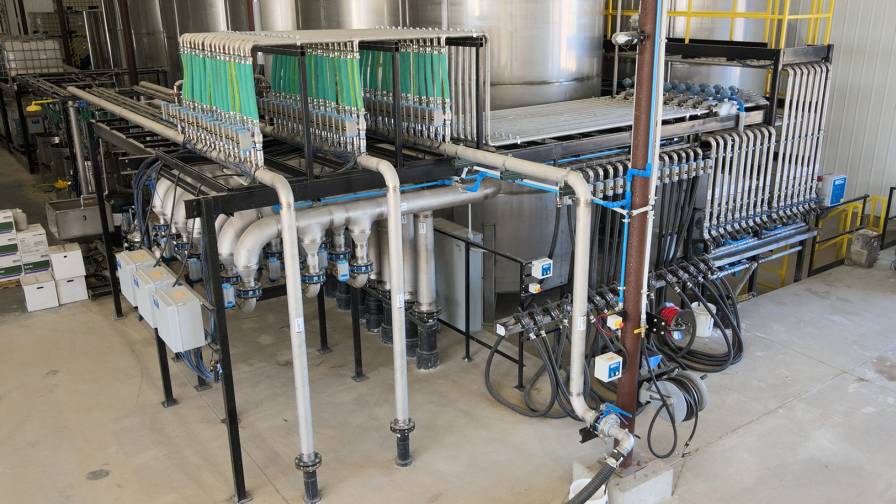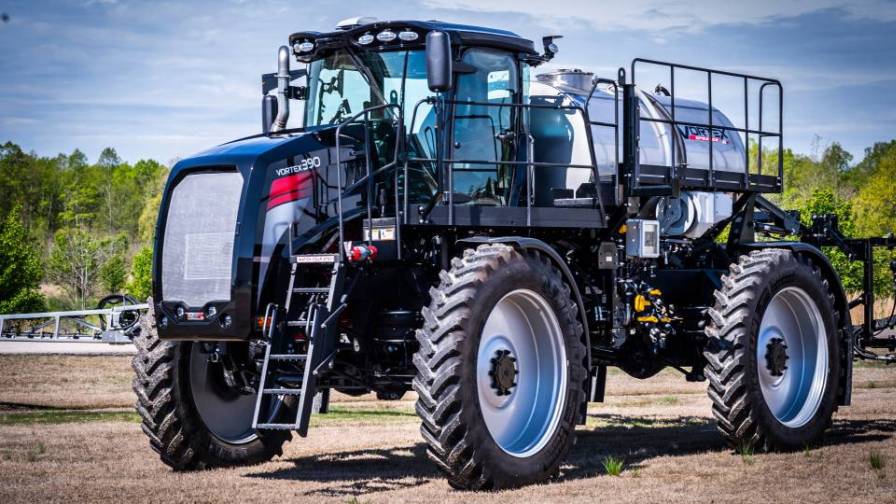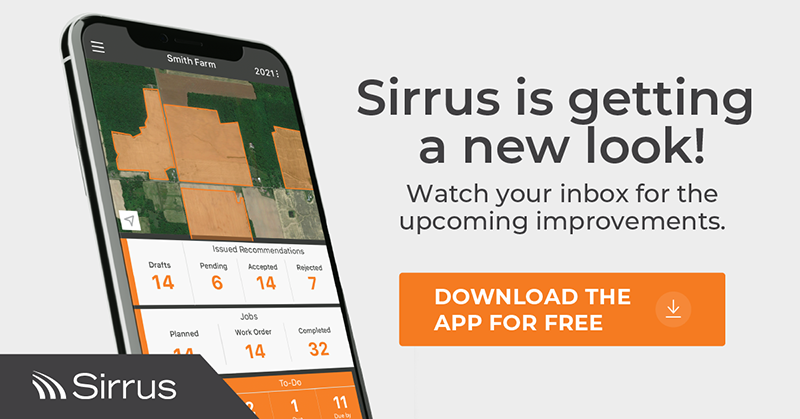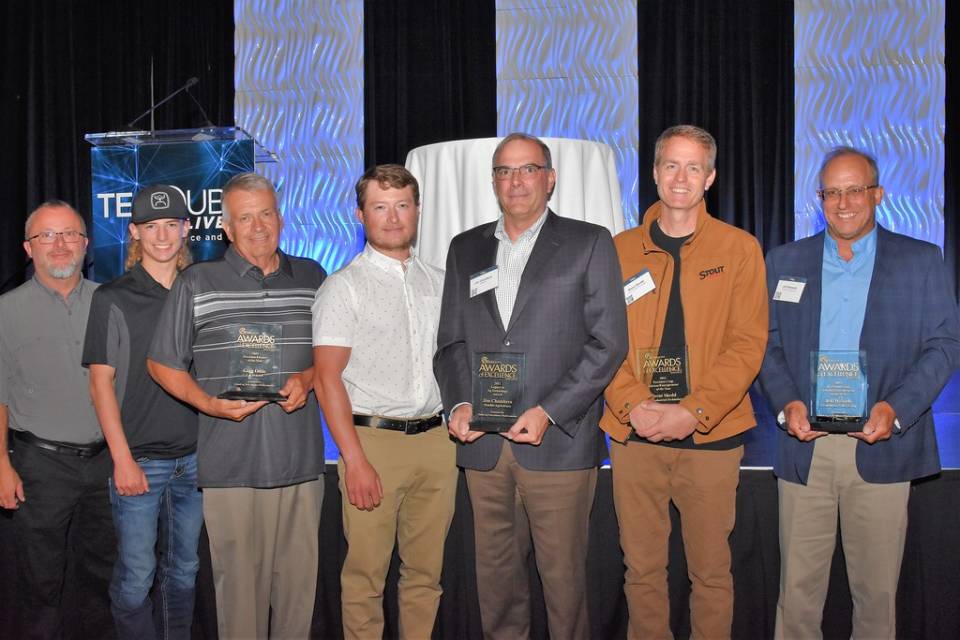Monsanto, Syngenta Settle Their Differences
Your grower-customers — and your retail seed business — are the real winners as Monsanto Co. and Syngenta AG settle their dispute over licenses for gene-modified corn and soybeans. The settlement now clears the way for both companies to accelerate product development.
The agreement settles all outstanding patent, antitrust, and commercial litigation relating to the two companies’ global corn and soybean businesses. Some of these disputes include Syngenta’s antitrust suit, Monsanto’s patent infringement suit on herbicide-tolerant corn technologies, and a dispute between the parties on herbicide-tolerant soybean technology. According to one Syngenta source, the two companies were due in court this week on these matters. Both companies released statements on May 23.
The two companies accused each other of infringing patents in the race to develop crops tolerant to herbicides and protected against insect attack as global demand for food soars. Syngenta stepped up its challenge to St. Louis, MO-based Monsanto in 2006 by forming a joint venture with DuPont Co. to license corn and soybean genetics to North American seed makers.
Under the agreement:
• Monsanto grants Syngenta a royalty-free license to its rights around specific herbicide-tolerant corn technology (GA21 event) and to its rights around specific insect-protected corn borer technology (Bt11).
• Syngenta receives a royalty-bearing license to Monsanto’s Roundup Ready 2 Yield soybean technology. This technology is slated to be introduced to U.S. soybean farmers in 2009.
• Monsanto receives a royalty-bearing license to Syngenta’s enabling technology related to Monsanto’s third-generation herbicide-tolerant technology, dicamba tolerance.
• The two agreed to cross-enable each other to develop and deliver innovative new herbicide-tolerant and Bt insect-protection products in corn, cotton, and soybeans to compete for the business of growers around the world.
"The global business agreement provides broader farmer access and expands the market opportunity for Monsanto’s second- generation herbicide-tolerant technology," according to the Monsanto statement. Monsanto’s Asgrow brand and American Seeds Inc. companies’ brands are preparing for the introduction of this higher-yielding soybean technology, and the company is also broadly offering the technology to its Corn States customers to further expand the reach at the time of its launch.
"This is surprising and good news for Syngenta," said Martin Schreiver, Zuercher Kantonalbank analyst, in Monsanto’s official statement. "It is positive for its market position as there will be a cross-selling effect. It is very important that you can offer the whole palette."
"The need to increase agricultural productivity has never been greater than it is today. We are therefore very pleased to have reached an agreement which expands the choices available across the US corn and soybean markets," said Davor Pisk, chief operating officer of Syngenta Seeds, according to a statement from Basel, Switzerland-based Syngenta.
With the issue of Roundup Ready 2 Yield license settled, Monsanto now estimates a potential available acreage for the product of 45 million to 55 million acres in the U.S., or an increase of more than 10 percent over its original projection of 40 million to 50 million acres. Monsanto believes that Roundup Ready 2 Yield ultimately could be used on approximately 75 percent of an average of 60 million to 70 million soybean acres in the U.S. Sales of Syngenta’s brands represented approximately 12 percent of total U.S. soybean sales in 2007. Monsanto’s Asgrow and American Seeds Inc. brands collectively represented approximately 27 percent of total U.S. soybean sales in 2007.
Monsanto’s Roundup Ready 2 Yield soybeans will be introduced on 1 million to 2 million acres for the 2009 season as part of a controlled commercial release, followed by a large-scale product launch of 5 million to 6 million acres scheduled for 2010.
The pair have reached a global business agreement that establishes cooperative arrangements that are expected to result in new technology options for growers.
"We’re pleased that we were able to work with Syngenta to put farmer-customers first and reach an agreement that offers them tremendous benefits and choice in the seasons ahead," said Brett Begemann, executive vice president of Monsanto’s global commercial business. "Our goal is to be the technology collaborator of choice within the agricultural industry."
Additional specific details of the agreement were not disclosed.






